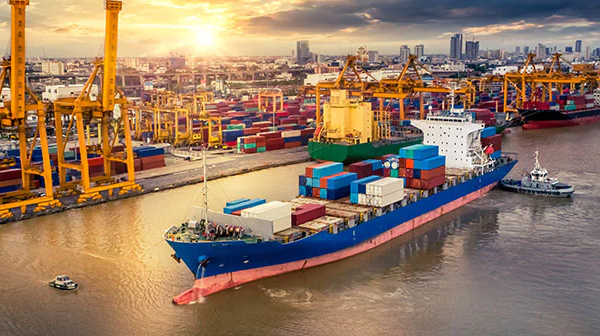Covid restrictions continue to disrupt manufacturing and logistics in South-east Asia, creating order backlogs and shipping delays. We continually monitor trends and this week have a brief round-up on the situation in the following countries.
Malaysia
A prolonged nationwide lockdown has disrupted sectors, a prolonged nationwide lockdown has disrupted sectors, including automotive, semiconductors and medical equipment. Production is most affected in Selangor and Kuala Lumpur – the industrial corridor leading into Port Klang – with factories forced to reduce or shut operations to comply with new measures.
The Malaysian Ministry of International Trade and Industry has placed limits on workforce capacity, depending on the industry: out of 18 sector categories, 13 are permitted to operate with 60% of the workforce, but five can only operate at 10%. Regional and global supply chains relying on manufacturers and suppliers located in Selangor and Kuala Lumpur are expected to face significant impacts on supply capacity and delivery times as the country struggles to contain the pandemic, and the backlog of orders may not be quickly cleared in the coming months.
Thailand
According to the Thai National Shippers’ Council (TNSC), exports had been on track for 10% growth this year, but the group has concerns production will be disrupted during the summer if vaccine distribution doesn’t pick up pace.
The TNSC told the Bangkok Post that, although domestic outbreaks remain severe, leading some factories to temporarily halt their production and postpone the delivery of goods to destination countries, they expect total exports will not be affected too severely in the short term. However, they added, container shortages and high freight costs still posed a risk to exporters.
Vietnam
New rules for factories are placing more strain on supply chains in and around commercial capital Ho Chi Minh City (HCMC). This week businesses in HCMC were told they would have to close unless they could provide accommodation and food for employees on their premises – a practice some factories have already implemented this month. As a result, one Taiwanese-owned footwear maker with 56,000 staff has reportedly suspended operations for 10 days.
Separately, in adjacent Dong Nai province, a South Korean shoemaker who supplies Nike has shut three factories due to a Covid outbreak. According to the most recent reports, most factories are running anywhere from 5% to 70% below standard capacity, depending on the industry and location.
China
As we reported two weeks ago, Chinese ports – particularly in the southern province of Guandong, continue to be impacted by the Covid virus and quarantine measures, as well as power cuts and container shortages. We will continue to monitor the situation there and post more news at it comes to hand.
For information on shipping schedules, talk to us here at Colless Young. As licensed Customs Brokers and International Freight Forwarders, we offer correct, professional advice on all your import and export cargo shipping needs. We are based in Brisbane and provide a complete range of logistics services, for both air and sea freight, including fumigation, warehousing and trucking – through all Australian ports and airports.

